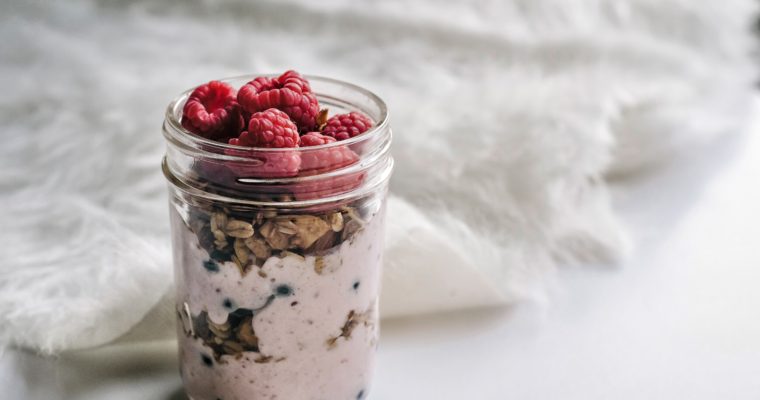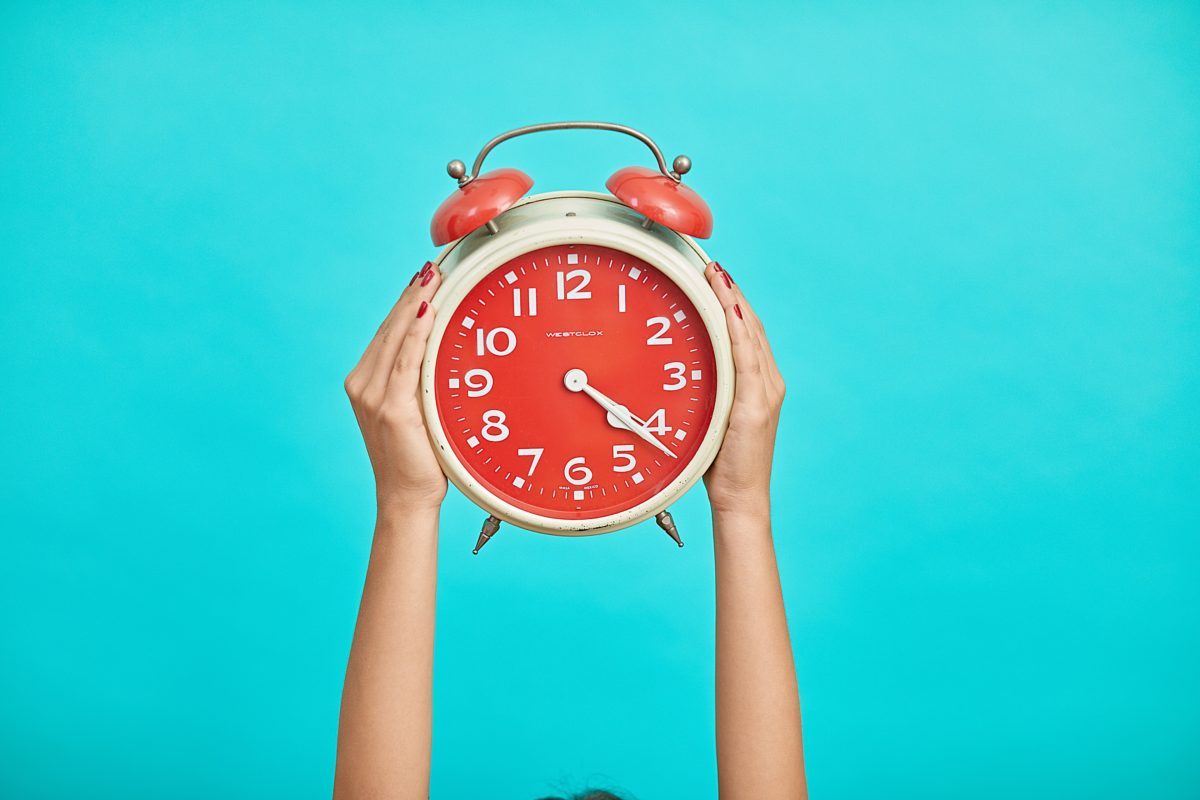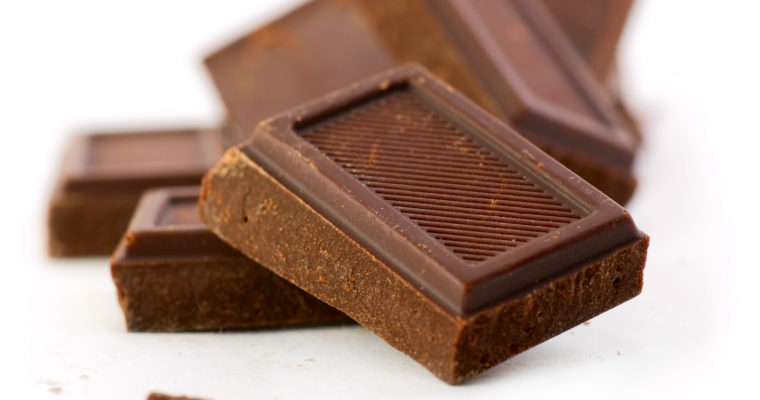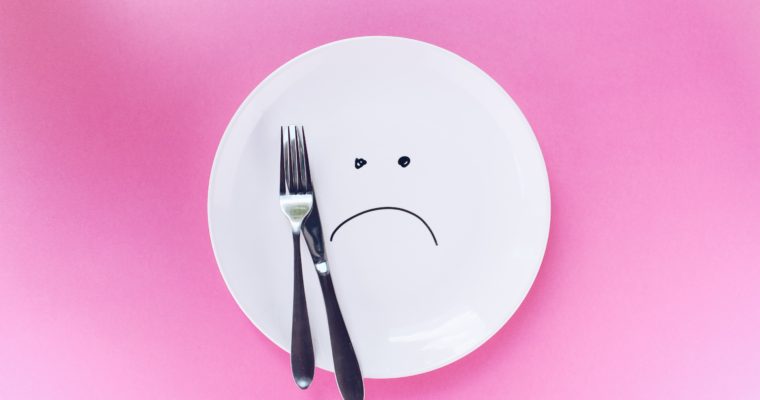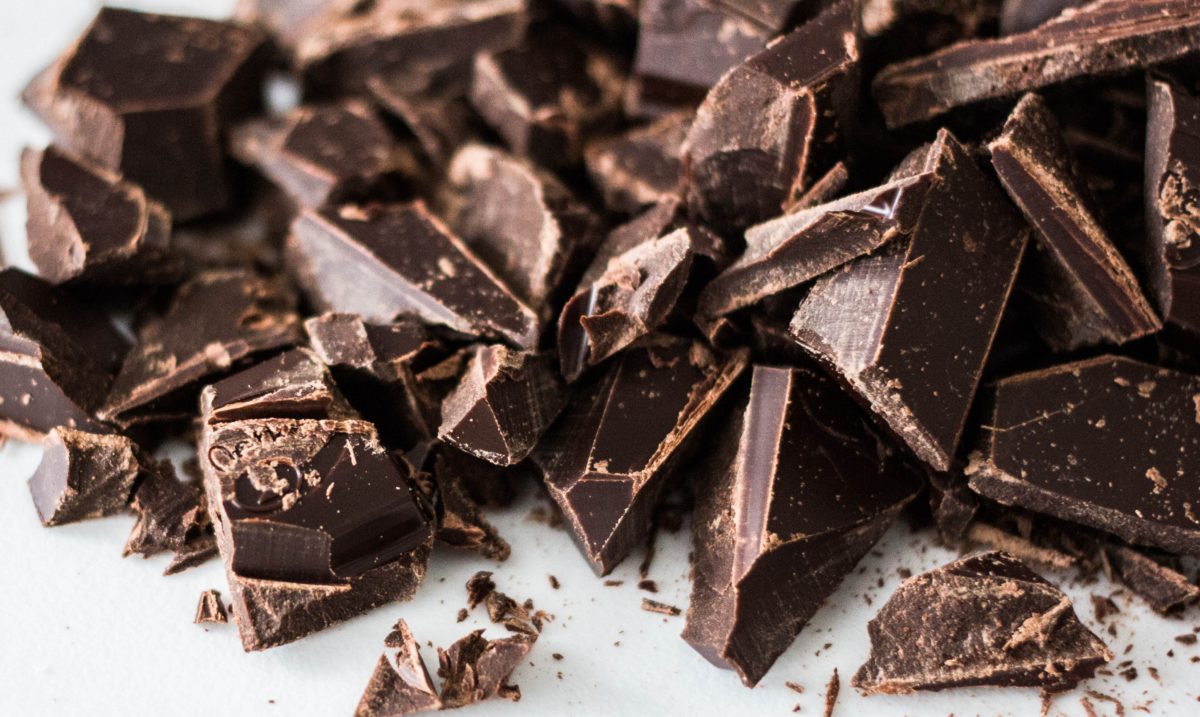Photo by Malvestida Magazine on Unsplash
Are you having trouble falling or staying asleep at night? Your diet could be to blame. We all know caffeine before bed is bad news for your sleep quality, but there are some other major culprits in your diet that might be causing you to toss and turn. Dietitian Shelly Redmond, R.D., author of “Eat Well and Be Fabulous”, named some of the foods that you should eliminate to get a great night’s rest.
Caffeine. Coffee and soda are well-known caffeinated drinks you should avoid before bed. However, some other foods and products contain caffeine as well, such as several OTC medications and most kinds of tea. Check the labels on your medications to be sure they don’t contain caffeine, and choose a decaffeinated tea if you’re heading to bed soon.
New study: Many children with sleep disorders may just need more fish oil, particularly DHA – Click here!
Fluids. Staying hydrated is very beneficial for your body, but drinking too much water before bed will having you running to the bathroom in the middle of the night. This disrupts your sleep cycle and may cut into your REM sleep as well. Try to avoid drinking fluids 60-90 minutes before your usual bedtime to make sure you actually spend all night in bed.
Aged & Fermented Foods. An amino acid called tyramine is found in many aged and fermented foods, such as aged cheese, smoked fish, and cured meats. Tyramine stimulates your brain and might leave you feeling wide awake.
How You Can Sleep Your Way to a Healthier Weight – Click here!
Tomato-Based Products. Acidic foods and spicy dishes tend to cause heartburn and discomfort overnight. Redmond advises staying away from canned tomatoes and other spicy foods with a high acid content at least three hours before bed.
Alcohol. At first, alcohol might seem like a great way to relax and fall asleep. However, many studies have shown that alcohol actually causes us to wake up frequently, and it also disrupts your REM sleep. Stick to just one glass no more than one to two hours before bed.
Sleep vitamins can be an extremely helpful tool for anyone who is not getting a full, restful night’s sleep on a regular basis, which can disrupt many areas of your life and your everyday routine. What’s more, sleeplessness is also connected to muscle loss, weight gain, and poor overall health and well-being, among a variety of other health issues. Stress can be a key factor, so there are many vitamins available that work by naturally relaxing the brain before you go to sleep at night. For example, L-Theanine is one of the best natural stress relievers and relaxants. It imparts a restful and relaxing state, calming your mind and body without any unpleasant side effects as often seen in other sleep medications. Natural vitamins can be a key factor in feeling your best and keeping your health intact when a restful night’s sleep is not possible on your own because of stress or any other influences in your life.
What are other ways you make sure you get the best sleep possible? Leave us a comment and join the conversation!

